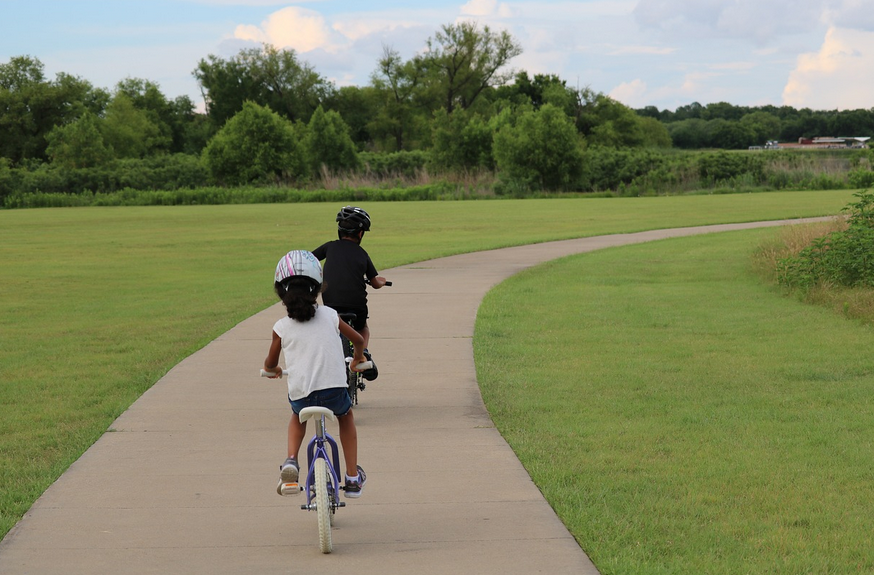Government urged to stop prioritising car journeys over active travel
Posted on in Business News , Cycles News , Outdoor News
An editorial in the British Journal of Sports Medicine (BJSM) has called upon the UK's Transport Ministers to do more to encourage walking or cycling to school as the default over short car journeys.
There is too much traffic for children to walk to school, so we drive. This idea of ‘traffic inducing traffic' is one that the authors of the BJSM want to challenge. Professor Christopher Oliver, Dr Paul Kelly, and Dr Graham Barker from the Physical Activity for Health Research Centre at the Institute for Sport, University of Edinburgh; Dr Adrian Davis from the Transport Research Institute, Edinburgh Napier University; and Dave du Feu, from SPOKES, the Lothian Cycle Campaign, Edinburgh were involved in creating the letter which has been sent to all four UK transport ministers.

"We need to take action because children's independent mobility has declined sharply across the UK since the 1970s, when it was first measured," the letter stated.
The authors note that the world is being viewed from the ‘windscreen perspective'-meaning politicians and highway engineers are building roads for drivers, so cars have becomes the default choice for most people. Consequently public investment in active travel is far below that on road building, resulting in a road environment that often feels too risky for walking or cycling.
Davis said: "The ‘windscreen perspective' of cars first and pedestrians and cyclists last has to end if today's and future generations are to lead healthier and more physically active lives, which can only happen with safer streets to reduce road danger.
"This will bring many other benefits including cleaner air, less congestion, and better towns and cities. We must give back to children the independent mobility that adults enjoyed by physically making safer streets. This will benefit all. But it will only happen if politicians choose to prioritise active travel."
In the letter the authors point to significant savings to the NHS, reductions in pollution levels, and ingraining sustainable travel behaviours among future generations if active travel were to be prioritised.
"We suggest the time is right to redress the imbalance and give back to today's children many of the freedoms that older adults recall and benefited from in terms of the levels of independent mobility,"
